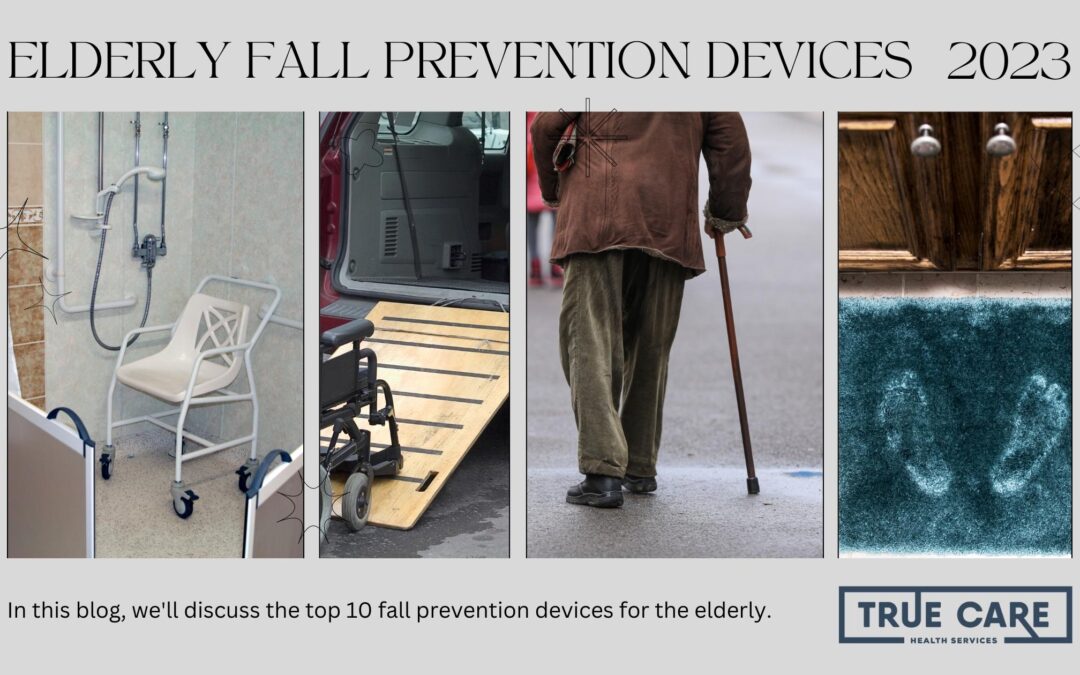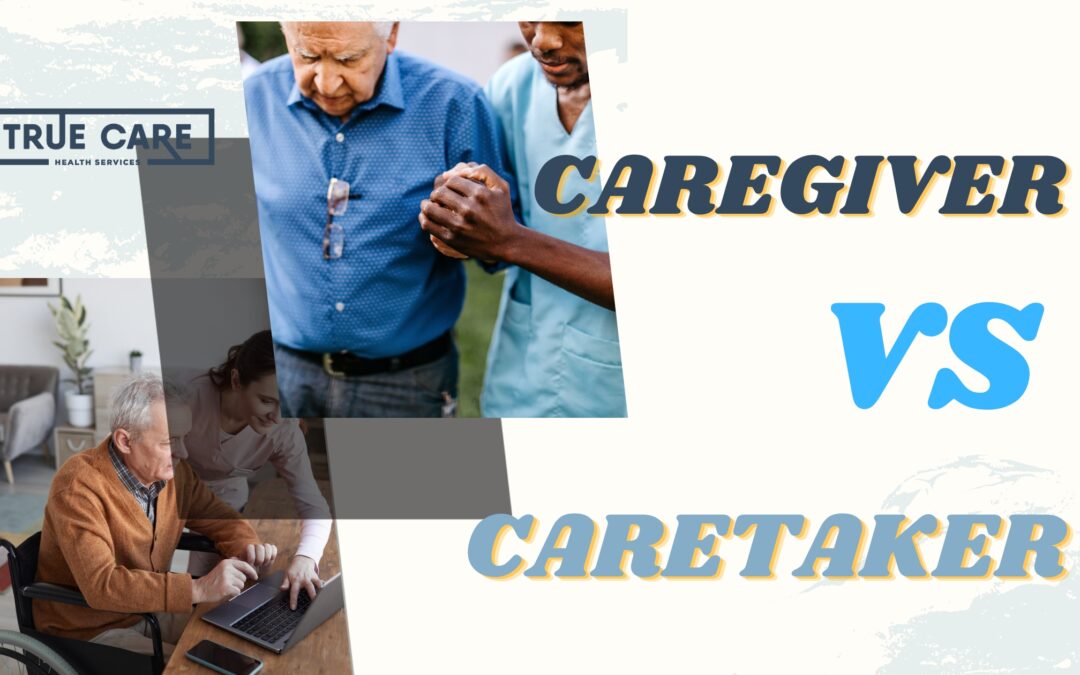Does Medicaid Pay for Caregivers in the Home?
Exploring Coverage Options and Eligibility for Medicaid
Medicaid, a healthcare program funded by the government in the United States, plays a crucial role in providing medical assistance to low-income individuals and families. When it comes to long-term care, a common question arises: Does Medicaid cover in-home caregivers? In this blog post, we will explore the coverage options and eligibility criteria associated with caregiver services under Medicaid. Understanding these aspects is vital for individuals and families who rely on Medicaid for home-based care, as it significantly impacts their ability to access necessary support.
Understanding Medicaid
Medicaid is a joint federal and state program that offers medical assistance to individuals with limited income and resources. Each state administers its Medicaid program within federal guidelines, which allows for some variations in coverage and eligibility criteria. While the program primarily focuses on medical services, it also covers long-term care services for those who meet specific requirements.
Home-Based Care and Medicaid
Home-based care is an appealing option for individuals who prefer receiving care in the comfort of their own homes. Medicaid recognizes the importance of home care and acknowledges that it can be a cost-effective alternative to institutional care settings like nursing homes. However, the coverage for caregiver services under Medicaid varies from state to state and depends on several factors, including the individual’s medical condition and financial eligibility.
Medicaid Waivers
Medicaid waivers, also known as Home and Community-Based Services (HCBS) waivers, are programs that enable states to provide long-term care services to eligible individuals in home and community settings. These waivers grant states flexibility to create programs tailored to the unique needs of their populations.
Some Medicaid waivers offer coverage for caregiver services in the home. These services may include assistance with activities of daily living (ADLs), such as bathing, dressing, meal preparation, medication management, and light housekeeping. The availability of these services and the eligibility criteria can vary widely by state and specific waiver programs.
Eligibility for Home-Based Care Services
To be eligible for Medicaid-funded caregiver services in the home, individuals typically need to meet specific requirements. These requirements often involve demonstrating a medical need for long-term care and meeting income and asset limits set by the state.
Medical Need: Medicaid generally requires individuals to demonstrate a level of functional need that requires assistance with activities of daily living. A healthcare professional typically conducts this assessment to determine eligibility for home-based care services.
Income and Asset Limits: Medicaid is means-tested, meaning it considers an individual’s income and assets to determine eligibility. Each state sets its own income and asset limits, and individuals must meet these criteria to qualify for caregiver services.
Spousal Impoverishment Protections: Medicaid also provides protections for spouses of individuals who require home-based care. These provisions prevent a spouse from becoming financially impoverished due to their partner’s healthcare expenses.
Navigating the Medicaid System
The Medicaid system can be complex, with varying rules and regulations from state to state. Navigating the process of determining eligibility for caregiver services can be challenging. However, several resources are available to assist individuals and families in understanding and accessing the necessary information.
State Medicaid Offices: Each state has its own Medicaid office, which serves as a valuable resource for understanding the specific coverage options and eligibility criteria in your area. These offices can provide information on waivers, caregiver services, and other home-based care programs.
Medicaid Managed Care Organizations: In some states, Medicaid beneficiaries receive their services through managed care organizations (MCOs). These organizations can help guide individuals through the process of accessing caregiver services and provide information on available resources.
Conclusion
While Medicaid recognizes the importance of home-based care and offers coverage options for caregivers in the home, the specifics vary by state and program. It is essential for individuals and families to familiarize themselves with their state’s Medicaid program and its eligibility criteria. By gaining a thorough understanding of the coverage options and requirements, individuals can make well-informed decisions and gain access to the essential caregiver services offered by Medicaid. Moreover, seeking guidance from state Medicaid offices and other organizations can provide invaluable assistance in navigating the intricate complexities of the Medicaid system.
Read More Caregiving Blogs

Elderly Fall Prevention Devices
As we age, falls become a major concern due to a decline in balance, vision, and mobility. Fortunately, there are numerous fall prevention devices available that can improve the safety of the elderly. In this blog, we’ll discuss the top 10 fall prevention devices for…

7 Tips – How to improve mental health in Elderly
As people age, they may experience various physical, emotional, and mental health challenges that affect their well-being. Mental health issues are particularly common in the elderly, as many experience loneliness, isolation, and depression. It is essential to focus…

Caregiver vs Caretaker
When it comes to providing care for a loved one, it can be difficult to know where to turn for help. Two terms that are often used interchangeably are caretaker and caregiver, but these two roles are quite different. In this blog, we will explore the differences…

Top Tips for Families Seeking Private Caregivers
When it comes to caring for an aging or disabled loved one, many families seeking private caregivers prefer the comfort and convenience of in-home care provided by a private caregiver. However, finding the right caregiver can be a daunting task. Families looking for…
